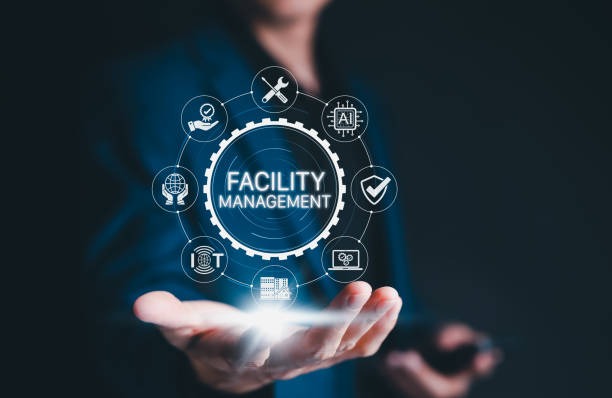Facilities management is often viewed as a behind-the-scenes function—necessary but unremarkable. Yet, in reality, it plays a critical role in the performance, safety, and sustainability of any business. With evolving workplace expectations, increasing regulatory requirements, and growing demands for operational efficiency, companies that cling to outdated facilities management strategies risk falling behind.
Modern facilities management goes far beyond fixing broken lights or scheduling cleaning services. It’s now an integrated discipline that combines technology, sustainability, workforce wellbeing, and cost control. And that means it’s time for businesses to rethink how they manage their spaces, assets, and services.
Contents
The Shift Toward Strategic Thinking
Historically, facilities management was a reactive process. A pipe burst, someone made a call, and the
issue was fixed. But this approach leads to high long-term costs, constant disruptions, and a lack of forward planning.
Today’s leading companies are adopting a more proactive, strategic mindset. They’re using data and analytics to anticipate issues before they arise, setting long-term maintenance schedules, and investing in systems that improve visibility and control. This shift helps reduce emergency repair costs, improve asset lifespan, and create a smoother experience for employees and clients alike.
The Importance of Compliance and Safety
Regulatory compliance is a major concern for any business, particularly in sectors like healthcare, education, and hospitality. From fire safety checks to water hygiene, keeping on top of statutory requirements is non-negotiable.
Outdated or poorly managed facilities increase the risk of non-compliance, which can result in costly fines or even business closures. Modern facilities management providers help companies stay ahead of their legal responsibilities through scheduled inspections, automated alerts, and digital recordkeeping.
Enhancing Sustainability and Energy Efficiency
Another key reason to rethink facilities management is sustainability. Businesses are under increasing pressure from customers, stakeholders, and regulators to reduce their environmental footprint. Whether it’s through energy-efficient lighting, smart HVAC systems, or better water usage monitoring, facilities management has a central role to play.
Working with a provider who understands green practices can lead to significant energy savings and contribute to a company’s sustainability goals—which, in turn, can improve public perception and attract eco-conscious clients or investors.
Partnering with the Right Experts
To implement a modern facilities strategy, it’s essential to partner with experts who offer more than just basic maintenance. A company like Nonpareil Solutions brings a holistic, tech-enabled approach to property services, covering everything from compliance to project management.
Whether you need a long-term maintenance plan or a qualified plumber in Harpenden for urgent repairs, choosing the right partner ensures continuity, safety, and peace of mind.
Final Thoughts
Transforming facilities management goes beyond mere repairs; it’s about crafting an environment that’s intelligent, secure, and eco-friendly. In a world where business dynamics are increasingly intricate and demands are consistently escalating, innovative organizations will grasp the pivotal role of contemporary facilities management. This function has evolved from its traditional support role into a vital cornerstone of business strategy, essential for driving success and fostering a thriving workplace.



